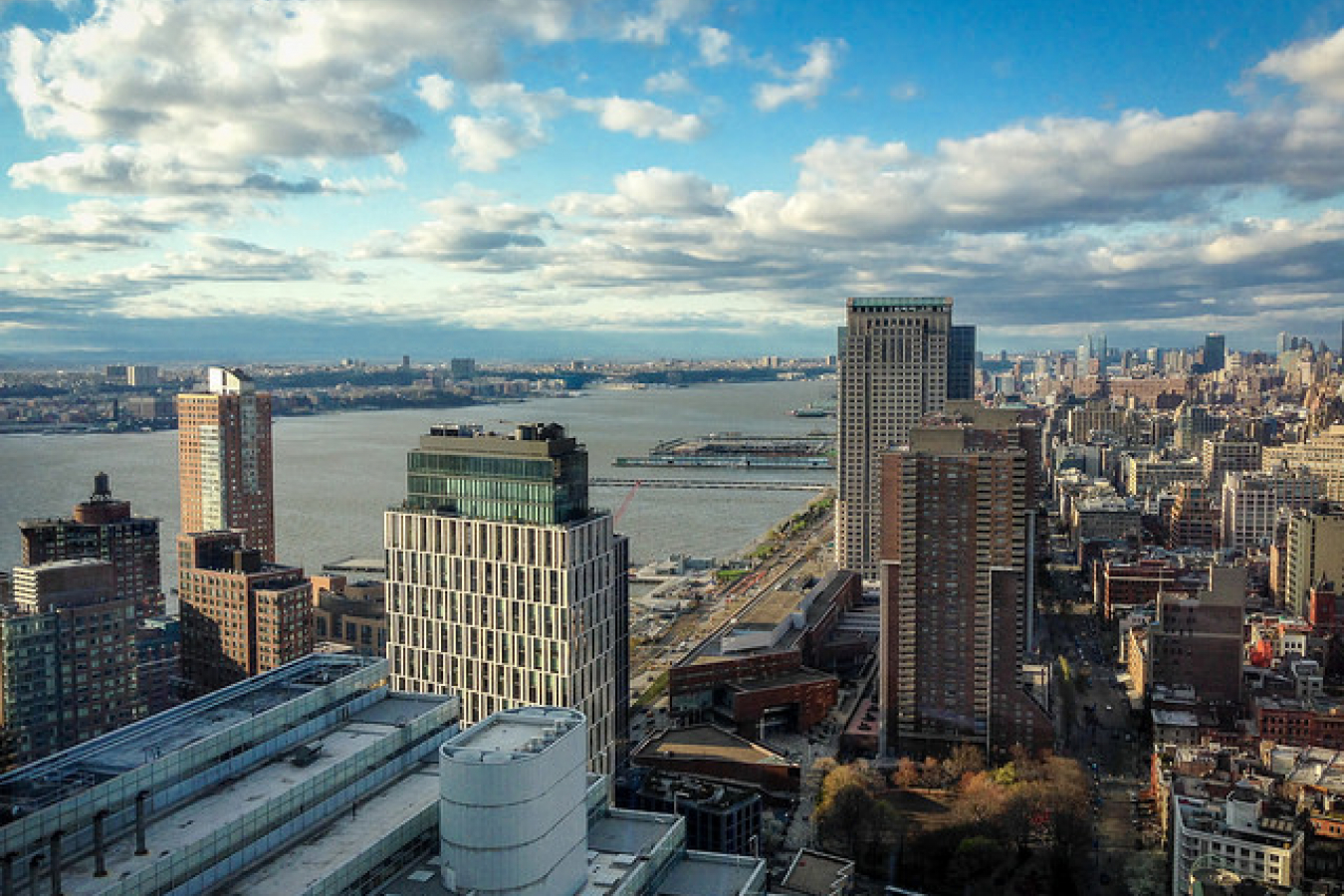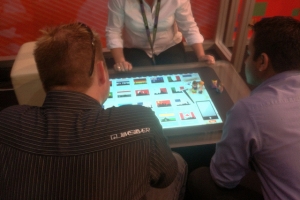Support migrant centric journalism today and donate

US Citizenship and Immigration services will begin accepting petitions for H-1B visas for workers for the US fiscal year beginning 2007 on the first of April. The visas are sure to be snapped up quickly as current laws only allow 65,000 H-1Bs to be issued each year.
The allocation of H-1B visas last year had reached its quota by August, two months before the start of the fiscal year and the cap this fiscal year will be reached even sooner.
A total of 100,000 requests are expected this year.
A new proposal by the Senate judiciary committee, which overseas US immigration issues, is proposing to increase the total number of H-1B visas issued from 65,000 to 115,000 with an option to increase the cap yearly by 20%.
The committee hopes to work out the proposed details when it meets to discuss immigration legislation on March 27.
Opponents to raising the cap, such as IEEE-USA president Ralph W. Wyndrum Jr. stated increasing the visa quota will leave domestic technology workers with inadequate safeguards and current flaws to the program make it easy to defraud and abuse.
Their proposal would be to increase employment-based immigrant admissions visas from 140,000 to 290,000. To do this, immediate family would be excluded from the visas, unused immigrant visas would be recaptured from previous years and professionals with advanced degrees would be excluded from the cap.
If the Senate judiciary committee raises the number of H-1B visas issued, the Information Technology industry will be biggest beneficiary from the decision. IT industry groups and large technology companies have been strongly lobbying Congress to increase the current H-1B limits.
The IT industry would like the cap of visas issued to rival the years of the dot.com boom when the H-1B limit hit 195,000. The industry also wants the commission to address the time frame of petitioning for the visas.
H-1B visas allocated to employers last year can not be used by new professional employees for this financial year, and the cap this year will leave employers without H-1B visas for even longer.
Overseas specialists to benefit from a visa cap increase would be Indian IT specialists, who are again expected to fill over 50% of H-1B visas petitioned. Another 6,800 H-1B visas are kept specifically for Singapore and Chile nationals who gain from trade agreements from the US.





















